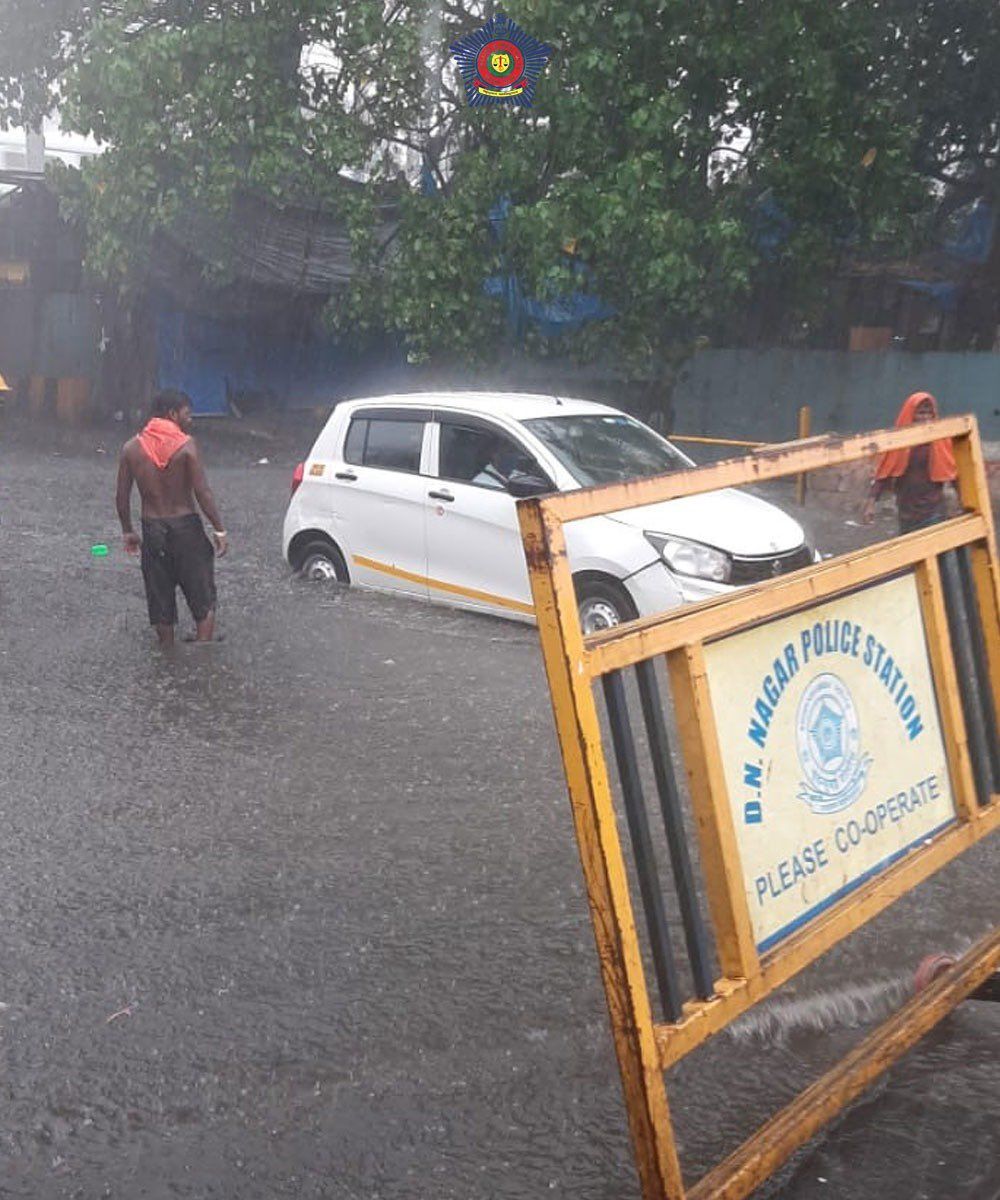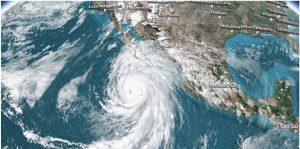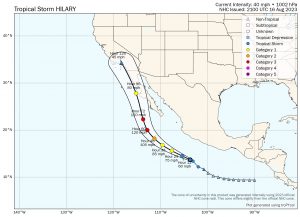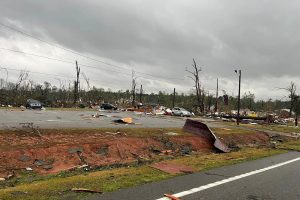In its recent report on weather events, the Intergovernmental Panel on Climate Change (IPCC) warned of compound extreme events, including severe cyclonic storms, floods and concurrent heatwaves. Experts say that India may already be witnessing these extreme events.
The IPCC’s “Climate Change 2021: The Physical Science Basis” report on Monday said, “The changing climate state is already altering the likelihood of extreme events, such as decadal droughts and extreme sea levels, and will continue to do so under future warming. Compound events and concurrent extremes contribute to increasing probability of low-likelihood, high-impact outcomes and will become more frequent with increasing global warming.”
Also read: IPCC climate change report 2021 key points
Citing the Tauktae cyclone that hit Mumbai in May, experts say that such an ‘extreme’ process may already have started in India. Tauktae, which started as a cyclonic storm, intensified rapidly and suddenly, gaining wind speeds of 180-190kmph gusting to 210kmph, and resulting in intense spells of rain in Maharashtra’s Mumbai.
Also Read: Last chance for world to get a grip on climate change
The cyclone was a combination of two extreme events. One, it rapidly intensified from a “very severe cyclonic storm” to an “extremely severe cyclonic storm” within a few hours on the morning of May 17. Two, once it hit the land, it caused torrential rains bringing Mumbai to a halt, even shutting down the city’s Chhatrapati Shivaji Maharaj International Airport.
IPCC has warned that such compound or cascading extreme events are expected to be more frequent. Which means one has to be prepared for any eventuality even with seemingly low grade cyclonic storms. Not just storms, they can also cause concurrent extremes at different locations, concurrent heatwaves and droughts and compound flooding.
Reacting to the IPCC report, India’s top environmental experts called for immediate and stronger efforts to reduce carbon emission. The experts said that India must act now and build a resilient infrastructure to combat the increasing impacts of climate change, reported PTI.
In a written response to PTI, Krishna Achuta Rao, who is also one of the authors of the report, said that the only way the effects of climate change can be abated is if the carbon or greenhouse gas emission is narrowed down to a large extent.
“The message is loud and clear, that we are already experiencing the effects of climate change and will continue to experience stronger effects till such time the emissions are zeroed out, which means that we have to pay attention to how we adapt to these changes so the worst effects of climate change on our population, economy and infrastructure are minimised,” Rao said.







